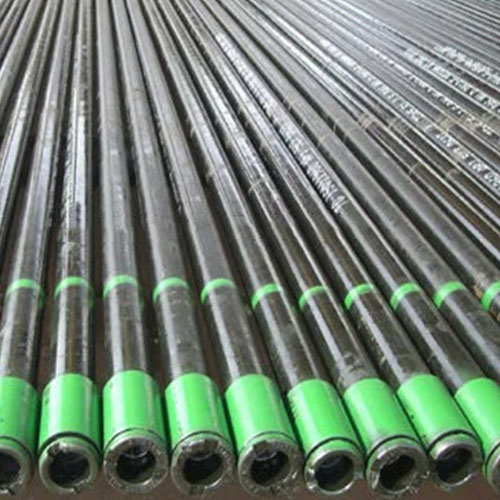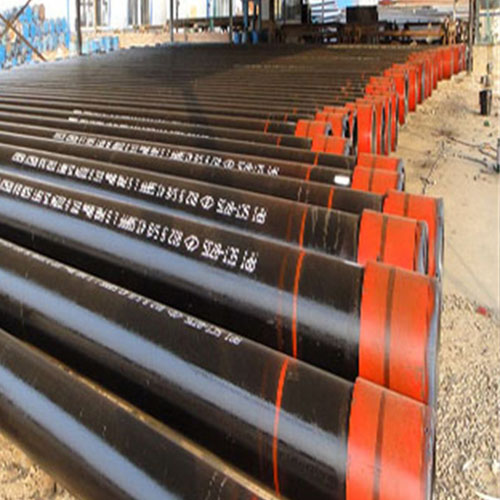Table of Contents
Advantages of Using Deep Well Casing Pipes in Groundwater Management
Deep well casing pipes play a crucial role in groundwater management, offering a range of advantages that contribute to the efficiency and sustainability of water extraction processes. These pipes are designed to provide structural support and protection to the well, ensuring its integrity over time. In this article, we will delve into the benefits of using deep well casing pipes, highlighting their significance in ensuring the reliability and longevity of groundwater extraction systems.
One of the primary advantages of deep well casing pipes is their ability to prevent the collapse of the well bore. As groundwater is extracted from the aquifer, there is a risk of the surrounding soil exerting pressure on the well walls, leading to instability and potential collapse. By encasing the well with durable casing pipes, this risk is significantly mitigated, as the pipes provide structural reinforcement, maintaining the integrity of the well even under high pressure conditions.
Furthermore, deep well casing pipes help to prevent contamination of the groundwater supply. In many regions, the aquifers that serve as sources of Drinking Water are susceptible to contamination from surface pollutants such as Chemicals, bacteria, and sediment. Without proper casing, there is a risk of these contaminants infiltrating the well and compromising the quality of the water. Casing pipes act as a barrier, preventing the ingress of contaminants and safeguarding the purity of the groundwater.
In addition to protecting the well from external threats, deep well casing pipes also facilitate efficient water extraction. By preventing the collapse of the well bore, these pipes ensure that the flow of water remains unobstructed, allowing for consistent and reliable extraction rates. This is particularly important in areas where groundwater is the primary source of water supply for agricultural, industrial, and municipal purposes. The use of casing pipes helps to maximize the yield of the well, ensuring a sustainable water supply for various needs.

Moreover, deep well casing pipes offer resistance to corrosion and degradation, ensuring long-term durability in harsh environmental conditions. Groundwater often contains Minerals and chemicals that can accelerate the deterioration of conventional materials such as steel or concrete. However, casing pipes are typically constructed from corrosion-resistant materials such as PVC, Stainless Steel, or fiberglass, which are specifically engineered to withstand the corrosive effects of groundwater. This ensures that the casing remains intact and functional for many years, reducing the need for costly repairs or replacements.
Another advantage of deep well casing pipes is their versatility and adaptability to different well configurations. Whether drilling a new well or retrofitting an existing one, casing pipes can be customized to meet specific requirements, including diameter, length, and material specifications. This flexibility allows for seamless integration into various groundwater management systems, regardless of the scale or complexity of the project.

In conclusion, deep well casing pipes offer a multitude of advantages in groundwater management, ranging from structural reinforcement and contamination prevention to enhanced extraction efficiency and long-term durability. By investing in quality casing pipes, stakeholders can ensure the reliability and sustainability of their groundwater extraction operations, ultimately contributing to the conservation and responsible use of this vital resource.

